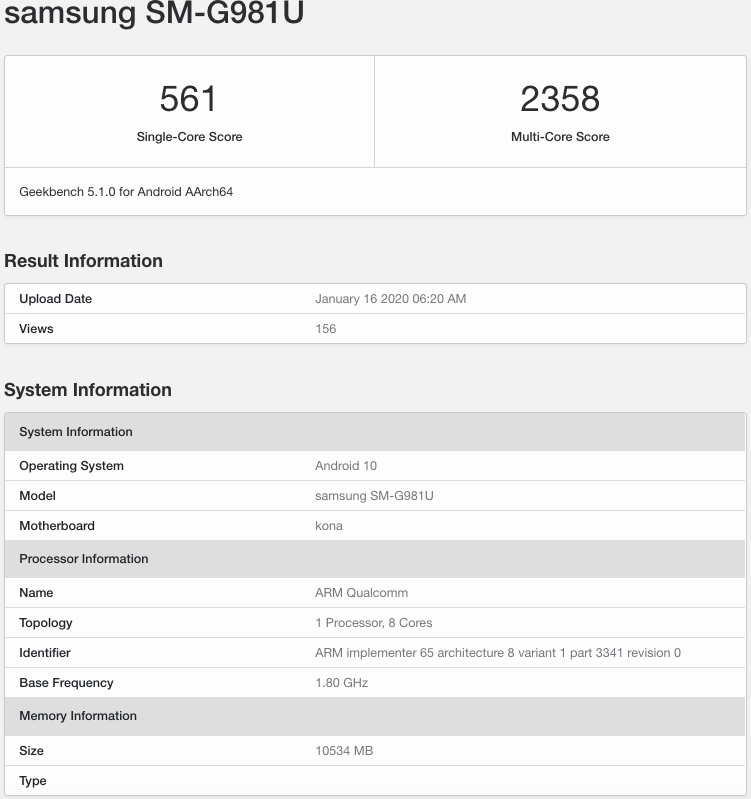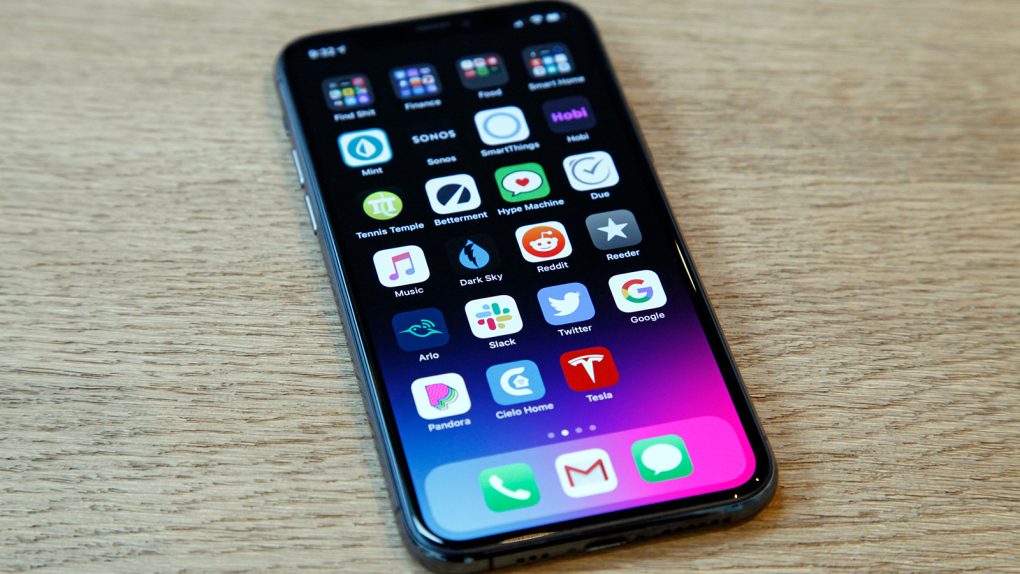Samsung hasn’t explicitly confirmed what it plans to unveil at its upcoming Unpacked event in San Francisco on February 11th. That said, pretty much everything there is to know about the devices debuting at the press conference has already leaked. The most exciting announcement Samsung is set to make at the show covers its second attempt at a foldable smartphone. Last year’s Galaxy Fold was a mess from start to finish, but the upcoming new Galaxy Z Flip appears to be better in every way. The design is better, it flips open like a clamshell instead of along a vertical hinge, it supposedly has a glass screen so it won’t scratch as easily, and rumor has it that the phone will be far more affordable than the overpriced Galaxy Fold. In fact, it might even be cheaper than some iPhone 11 models. That would be quite impressive for a phone with a foldable OLED screen, but the Z Flip will likely still be a niche phone. In terms of sales, the other new handsets that debut at Samsung’s first big event of 2020 will be far more important. That’s right, we’re talking about Samsung’s upcoming new Galaxy S20 series.
If history is any indication, the Galaxy S20, Galaxy S20+, and Galaxy S20 Ultra will end up being Samsung’s best-selling smartphones of the year in 2020. And the tens of millions of people who buy these new Galaxy S flagships are in store for a treat, according to all the leaks we’ve seen so far. We can look forward to Samsung’s most impressive smartphones ever when the S20 series is unveiled next month, and they’ll be better than their predecessors in every way. Interestingly, however, a new leak reveals that Samsung is still lagging far behind its top smartphone rival when it comes to smartphone performance.
Earlier this week, a leak revealed benchmark performance test results for Samsung’s upcoming new Galaxy S20+. This Geekbench 5 test wasn’t performed on the release version of the phone, so these figures could certainly change. They won’t change very much, however — with Samsung’s Galaxy S20 announcement just a few weeks away, the phones’ hardware is obviously final and the software is likely very close to being final. As it stands now, the results of that benchmark are solid, but they don’t come anywhere close to matching Apple’s iPhone 11 series from last year, let alone the new iPhone 12 models Apple will release this year.
This is to be expected, of course, since Android flagships never quite measure up Apple’s iPhones when it comes to power and performance — the A-series chips and Apple’s optimizations are just too good. But now, a new leak reveals something that might come as a bit of a surprise.
Just like we saw with the Galaxy S20+ earlier this week, the base Galaxy S20 has now popped up on the Geekbench site. The phone is known to have the model number SM-G981U, and someone has been running the Geekbench 5 test to measure the device’s performance ahead of its official announcements. How does the phone perform, well, you can see for yourself:

Samsung’s Galaxy S20+ managed a 923 on the single-core test and a 3267 on the multi-core test, but the entry-level Galaxy S20 is nowhere near as powerful despite having the same 12GB of RAM. According to this early test, the Galaxy S20 scored 561 on the single-core Geekbench 5 test and 2358 on the multi-core test.
Want to see how that compares to Apple’s iPhones? Well, it’s not good. Last year’s iPhone 11 scores 1328 and 3327 on the Geekbench 5 test and the iPhone 11 Pro scores a 1330 and 3425. But wait, it gets worse. Not only do last year’s iPhones beat the upcoming new Galaxy S20, but the iPhone X and iPhone 8 Plus from two years ago beat it as well. The iPhone X scores a 919 and 2374 on the Geekbench 5 benchmark test, while the iPhone 8 Plus scores 923 and 2326. Hey, at least the Galaxy S20’s multi-core score beat the iPhone 8 Plus by a few points.
Now, it’s obviously important to realize that performance test scores on paper hardly paint a complete picture of a smartphone. It’s all about the user experience. That said, releasing a 2020 flagship smartphone that isn’t can’t even match the performance scores of iPhones from 2017 isn’t a great look. Let’s hope Samsung’s new camera and other exciting new features make up for it.








